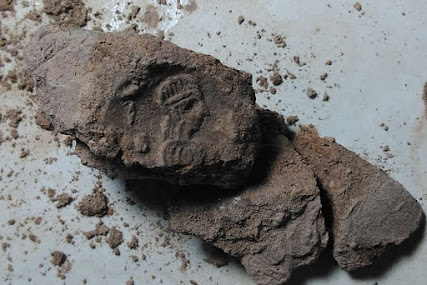He is one of the most recognisable actors in the world, known for his role as Draco Malfoy in the Harry Potter franchise. But now Tom Felton wants to use his platform to spotlight someone whose historical achievements have been obscured for decades.
Felton has produced his first feature film, Canyon Del Muerto, recounting the story of Ann Axtell Morris, one of the US’s first female archaeologists, who worked with the Navajo in the 1920s to uncover North America’s earliest civilisation, the Anasazi.
“It’s an epic story that hasn’t been told before,” Felton said. “Ann Morris was only recently acknowledged as a credible archaeologist, even though she set the tone for the next 100 years of young women having the opportunity to enter the field.”
The film, expected to be released this spring, also stars Felton as Morris’s husband, Earl, who is often cited as the model for George Lucas’s Indiana Jones character. It explores how Morris’s accomplishments were overshadowed by her husband’s fame and prejudices against women.
The film was the first to be granted access to shoot in the sacred and culturally significant landscape of Canyon de Chelly on Navajo tribal lands in Arizona. It has been praised by Jonathan Nez, the president of the Navajo Nation, who called it “an extraordinary showcase of our land, our people and our culture”.
Read more here at The Guardian









